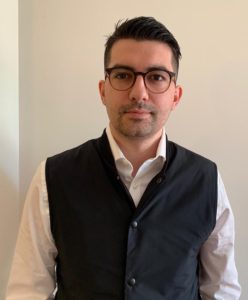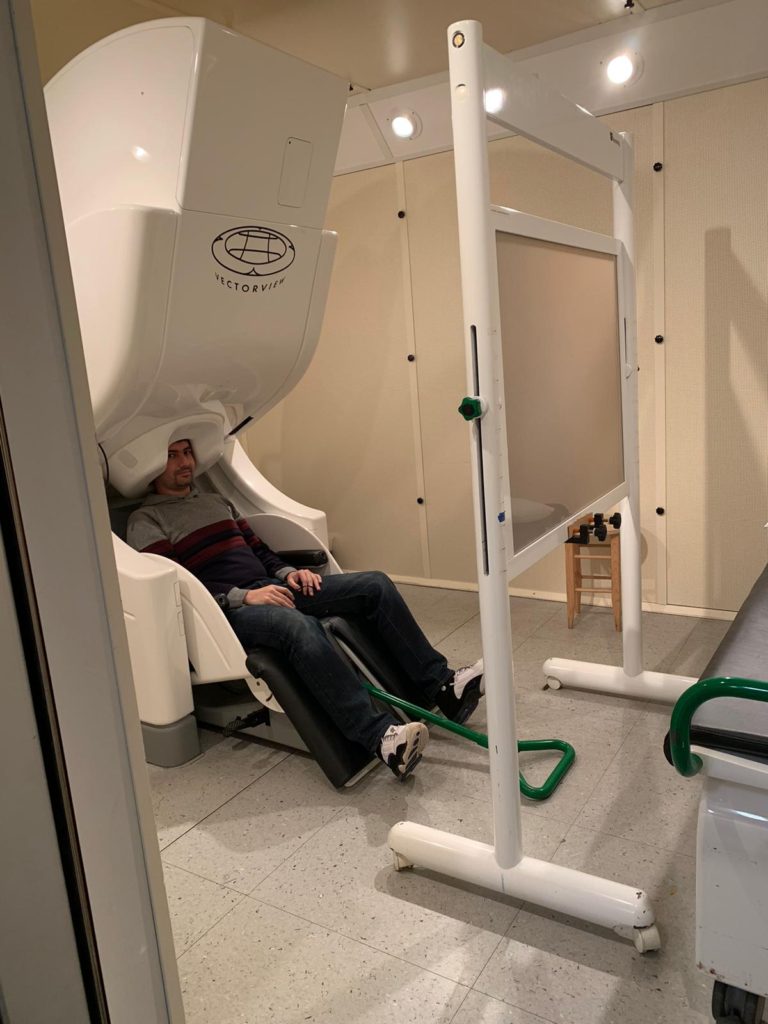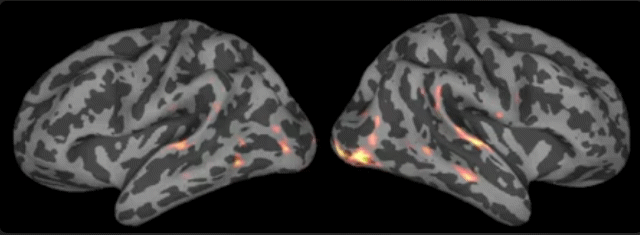Our 61st Annual Meeting is one month away! You’re probably well aware because you’ve been feverishly working on your pre-recorded poster or talk presentation to meet the pre-recorded video submission deadlines.
The pandemic has necessitated that we no longer meet in Austin, Texas, as initially planned, but instead, we will converge virtually to discuss our research. As in the last few meetings, the Twitternomes will take over our Twitter account to post about the Meeting’s happenings in real-time. Follow us @Psychonomic_Soc and use the hashtag #psynom20 so you don’t miss anything!
We’ve had the pleasure of interviewing the Twitternomes and will share the interviews so that you can get to know them better. These interviews are part of our new series “Inside the Scientist’s Lab” (check out our other interviews here and here). As in our first interviews, we first ask about life as a psychological scientist during this pandemic, and then we ask questions about the upcoming Annual Meeting.
Our first interview is with Enes Avcu, pictured below (follow him on Twitter @NS_avc). Enes is currently a Postdoctoral Researcher at the Neurodynamics and Neural Decoding Group at Massachusetts General Hospital / Harvard Medical School, working with Dr. David Gow.

Enes’s area of research is Psycholinguistics and Cognitive Neuroscience, and he was recently awarded a prestigious SNL Postdoctoral Abstract Merit Award (congrats, Enes!). We are expecting some great coverage of linguistic- and language-related science from him!
Without further ado, we present our interview with Enes Avcu.
How has your work life changed as a result of the pandemic?
I have been working at home since March 13, 2020. It was a little bit difficult at the beginning, but I get used to it. In our research, we use MEG/EEG and MRI, and since March 2020, we have not touched any of our equipment and run any subjects. Therefore, things have been difficult in terms of productivity.

We are using effective connectivity analyses to understand the pattern of dynamic brain interactions that lead up to language functions (see the gif below). We are interested in linguistic factors, such as acceptability judgments or speech perception.

However, this did not stop us. We started using some machine learning approaches to examine the research questions we have which enabled us to stay productive. We are also working on conducting some experiments on online platforms like MTurk.
Has the pandemic caused you to rethink your career path?
Honestly, things have become very crazy in such a short time that I did not even have time to question my career, but all is good so far.
Has anything beneficial come out of the pandemic for you? Either for your research or personal life, or both?
Yes, the research that we started after the pandemic (computational approaches to language problems) has got some attention. Our abstract was accepted as a talk from the Psychonomic Society Annual Meeting. In addition, I was awarded one of two postdoc merit awards by the Society of Neurobiology of Language conference for our abstract.
In terms of personal life, I have two children and due to the pandemic, I have been working from home which gave me the opportunity to spend more time with them.
What inspired you to get involved with the Psychonomic Society and serve as a Twitternome?
The 59th Annual Meeting at NOLA was my first Psychonomic meeting. I was impressed with the diversity and variety of talks and posters. I met my current PI, Dr. Gow, there and it changed my life :).
As for how I became involved with the Psychonomic Society Digit Content team, I was approached directly by Dr. John Dunlosky to be a Twitternome and I accepted right away to disseminate the great science that is happening at the meeting.
What about the Annual Meeting are you most looking forward to?
Due to the pandemic, this meeting will be very interesting, and disseminating the science that is presented throughout the virtual meeting will be doubly important. Therefore, I really look forward to sharing all the excitement I will get from the meeting.
Are you presenting at the Annual Meeting? If so, what’s the topic? What day and time?
Yes, I have a talk on Saturday, November 21, from 12:00 to 12:15 pm.
Our talk’s title is “A Tale of Two Lexica: Computational Pressures for the Emergence of Dual Wordform Stores.” In this research, we explored the computational bases of word form representations stored in dual lexica using a series of deep convolutional neural networks.
Here’s the abstract (all abstracts are here):
ENES AVCU and OLIVIA NEWMAN, Massachusetts General Hospital, ALISON XIN, Harvard College, DAVID GOW, Massachusetts General Hospital & Salem State University (Presented by David Gow)
Behavioral and neural evidence point to the existence of dual stores of wordform representation – a dorsal lexicon mediating the mapping between sound and articulatory representation, and a ventral lexicon mediating the mapping between sound and lemma representation. We explored the computational bases of this arrangement using a series of identical deep convolutional neural networks (CNNs) trained on dorsal and ventral categorization tasks using auditory word tokens drawn from the Spoken Wikipedia Corpus. We then used support vector machine classifiers to determine how well the features recovered by different networks supported lexical identification and transfer between dorsal and ventral classification tasks. The results suggest that efficient dorsal and ventral mappings depend on strikingly dissimilar representations of lexical wordform.
